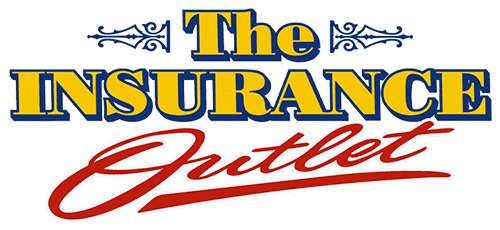
If you own a rental property, then it’s important that you make smart choices when it comes to insurance for that property (aka “landlord insurance“). You want to make sure that you are covered in the event of an accident, fire or natural disaster.
Granted, landlord insurance can be expensive. For instance, a 2017 study found that landlord insurance for a single-family home costs, on average, about 25% more than a standard homeowner’s policy. Nevertheless, insurance for your rental property is usually a good investment to make; and there are ways to reduce your monthly costs without sacrificing quality of coverage.
Let’s talk about some key factors to consider when it comes to landlord insurance.
Choosing the Right Coverage Type and Amount
First of all, you want to make sure that there’s enough insurance on your property to rebuild it if something catastrophic happens (like a fire or water damage). That just makes good financial sense. Of course, in order to arrive at that minimum coverage amount, you’ll want to work with your agent to develop a replacement cost estimate to help determine the right amount of coverage for the dwelling.
That being said, you’ll usually have two options when it comes to the type of coverage contained in your landlord insurance policy. The two main types of coverage are:
● Replacement cost value (RCV)
● Actual cost value (ACV)
Replacement cost value coverage will pay for damage to your property at current market prices. In contrast, actual cash value will only pay the depreciated value of your loss. For instance, if your rental home’s roof is 10 years old and needs to be replaced after a bad storm, an RCV policy should cover the total cost of its replacement (say, $10,000), whereas an ACV policy will only cover the depreciated value of your roof (perhaps $6,000).
An ACV policy may come with cheaper monthly premiums. However, it’s important to understand the trade-off you’re making if you go this route.
Personal Property Coverage
If you leave personal property on the premises of your rental home, then you may be able to cover that property with the right insurance policy. For example, if you’ve furnished a rental unit with your own refrigerator then your policy may provide coverage if the refrigerator was zapped by a nearby lightning strike or was damaged in a fire.
Loss of Rental Income
Some landlord insurance policies also cover loss of rental income. This occurs when you’re not able to collect rent from your tenant because your property is uninhabitable due to a covered loss.
For example, your rental unit may have been damaged by a fallen tree, and is currently uninhabitable. Your tenant has moved out on a temporary basis, and is not paying you rent until his or her home is repaired. In this scenario, your landlord insurance carrier may reimburse you for the rental income you lost due to circumstances beyond your control.
Premises Liability
Premises liability insurance can protect you from lawsuits — specifically from tenants (or their guests) that suffered injury on your rental property. For example, imagine that your tenant tripped on a crack in the driveway on his way to the car. He could file a personal injury suit against you, claiming that you were negligent in caring for the rental property, and should have filled in the crack several months ago. With premises liability coverage, you likely won’t have to pay any damages awarded to the tenant out of pocket.
Of course, you still should keep your property well-maintained, whether you have premises liability coverage or not. Which leads into our next factor…
Your Property’s General Condition and Upkeep
It’s important to recognize that your landlord insurance policy may not cover everything associated with your rental unit. For example, the majority of landlord insurance policies don’t cover property damage resulting from maintenance issues. If your appliances break down because of normal wear and tear, then you’ll probably have to swallow the cost yourself, and replace them with newer models.
In addition, landlord insurance generally does not cover pest infestations. These are seen as events that could be prevented with general, daily upkeep. Again, you may have to eat the costs of hiring an exterminator to come out and fix any pest problems with your rental property.
Finding the Right Insurance for Your Rental Property
As you can tell, there are a lot of factors that go into choosing the perfect insurance policy for your rental unit(s). However, you don’t have to make these decisions on your own. Working with an independent insurance agency can prove very helpful in terms of cutting costs without losing vital coverage.
If you live in the Lakes Region of New Hampshire, then reach out to The Insurance Outlet for more information. Our local team of experts can help you to find the perfect landlord insurance policy for your specific needs. Contact us today to learn more.

